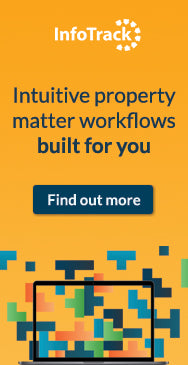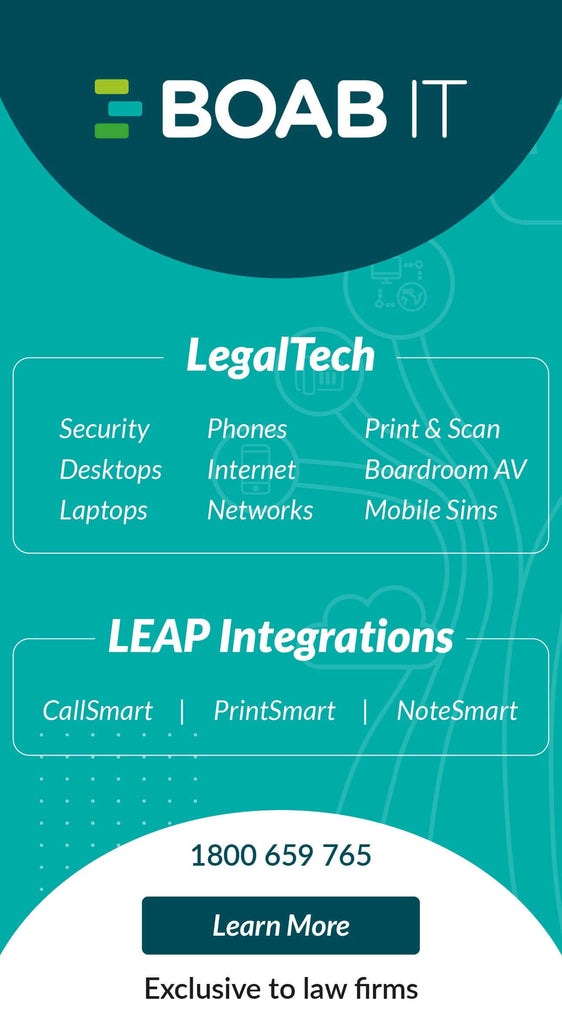
Law Firms Blockchain-Based Smart Contract Collaboration
Six of Canada’s leading law firms recently joined forces on a ground-breaking pilot project to develop a complex “smart contract” on the Ethereum blockchain.
The experiment sought to explore the potential benefits of smart contracts in the legal context to better understand how law firms can leverage new technologies to best serve their clients.
Bennett Jones LLP, Blake Cassels & Graydon LLP, Davies Ward Phillips & Vineberg LLP, Fasken Martineau Dumoulin LLP, Norton Rose Fulbright LLP, and Stikeman Elliott LLP were the participating firms.
Over a six-month period, the law firms collaborated with GenesisB, a progressive blockchain consultancy, to develop an innovative “smart” legal template on the Ethereum blockchain using the OpenLaw platform. Specifically, the law firms automated an M&A escrow agreement, coding several clauses using smart contract technology. The executed agreement automated issues related to indemnification claims, working capital payouts and basic disputes using a pseudo-stable coin.
Through this immersive exercise, the participating lawyers gained invaluable hands-on experience with the process of creating, testing and using a complex blockchain-based legal agreement. This practical approach not only provided insights into the circumstances in which smart contracts could create cost-saving efficiencies for clients, but also into the readiness of blockchain technology for the industry and the developments in the ecosystem that need to occur for its benefits to be realized.
“While we’re still in the early days of assessing the impact of blockchain technology on the legal profession, projects like this are demonstrating the potential for smart contract technology. As adoption grows, law firms and businesses can use OpenLaw to streamline contract automation while setting themselves up for the use of smart contracts.” says OpenLaw co-founder Aaron Wright.
Subscribe to the Legal Practice Intelligence fortnightly eBulletin. Follow the links to access more articles related to the business of law and legal technology.
Disclaimer: The views and opinions expressed in this article do not necessarily reflect the official policy or position of Novum Learning or Legal Practice Intelligence (LPI). While every attempt has been made to ensure that the information in this article has been obtained from reliable sources, neither Novum Learning or LPI nor the author is responsible for any errors or omissions, or for the results obtained from the use of this information, as the content published here is for information purposes only. The article does not constitute a comprehensive or complete statement of the matters discussed or the law relating thereto and does not constitute professional and/or financial advice.





